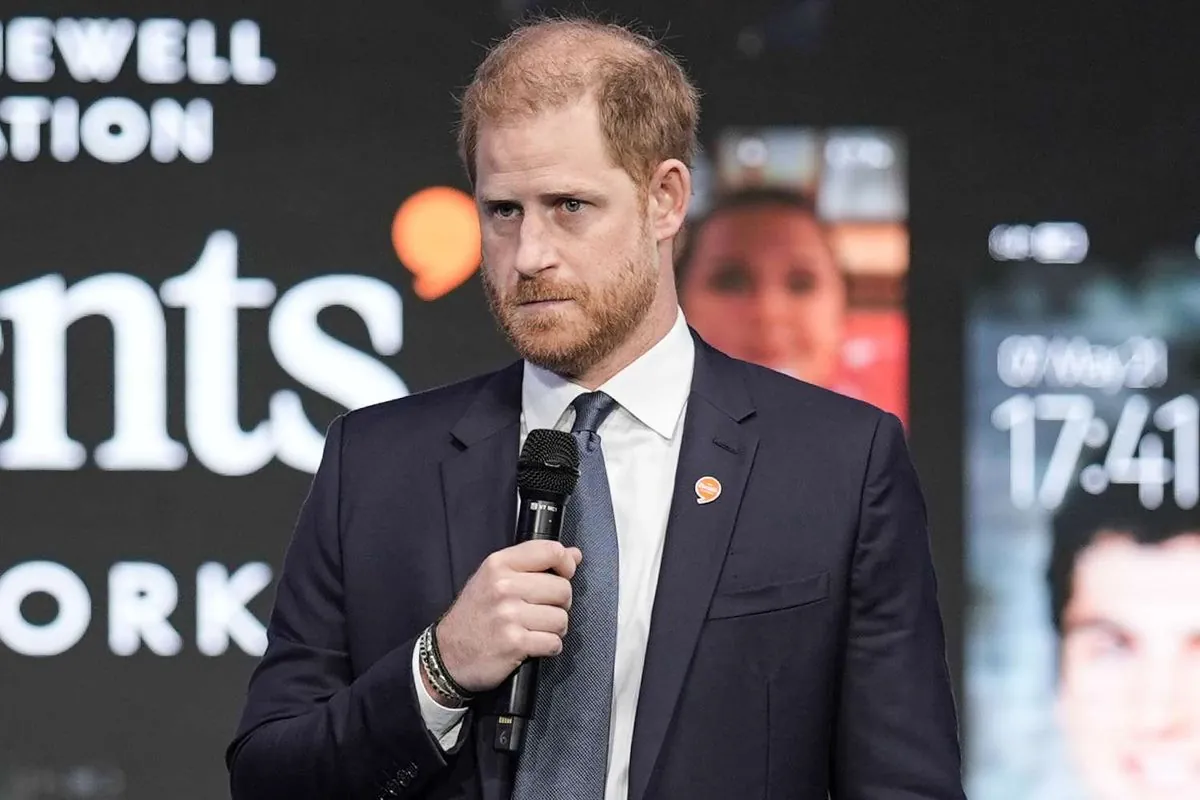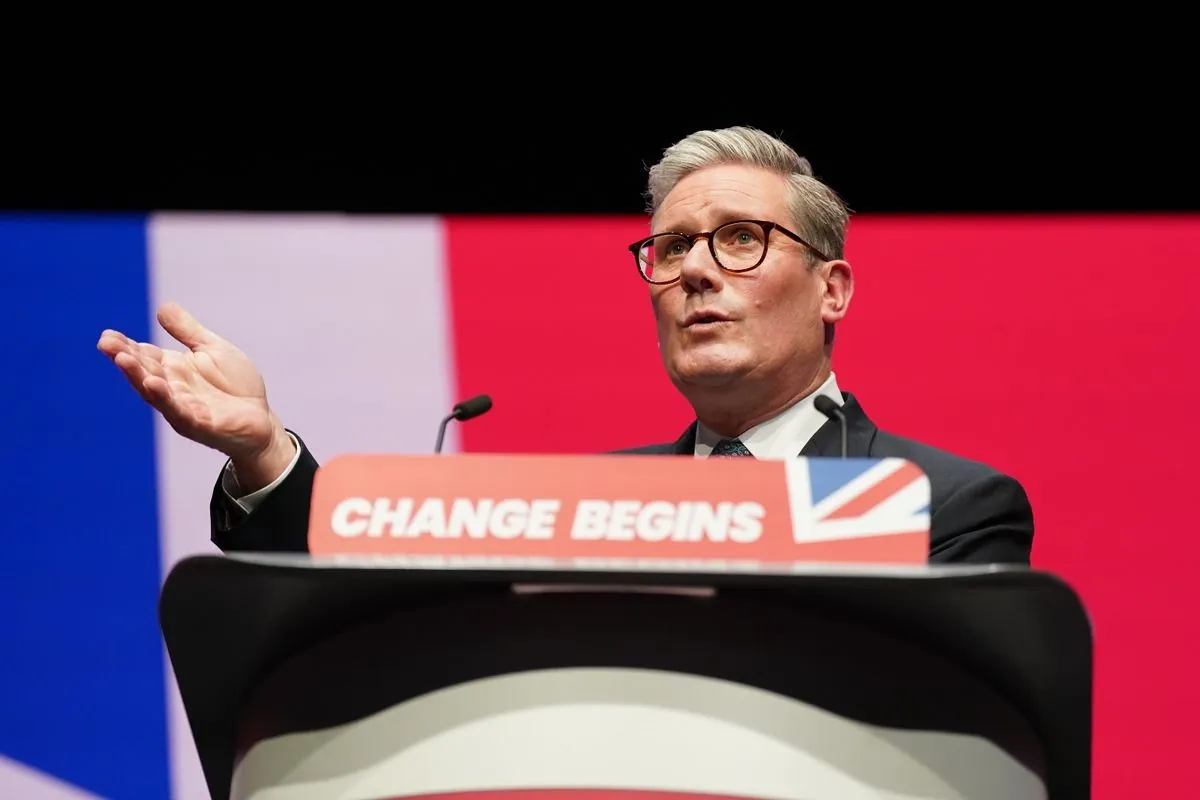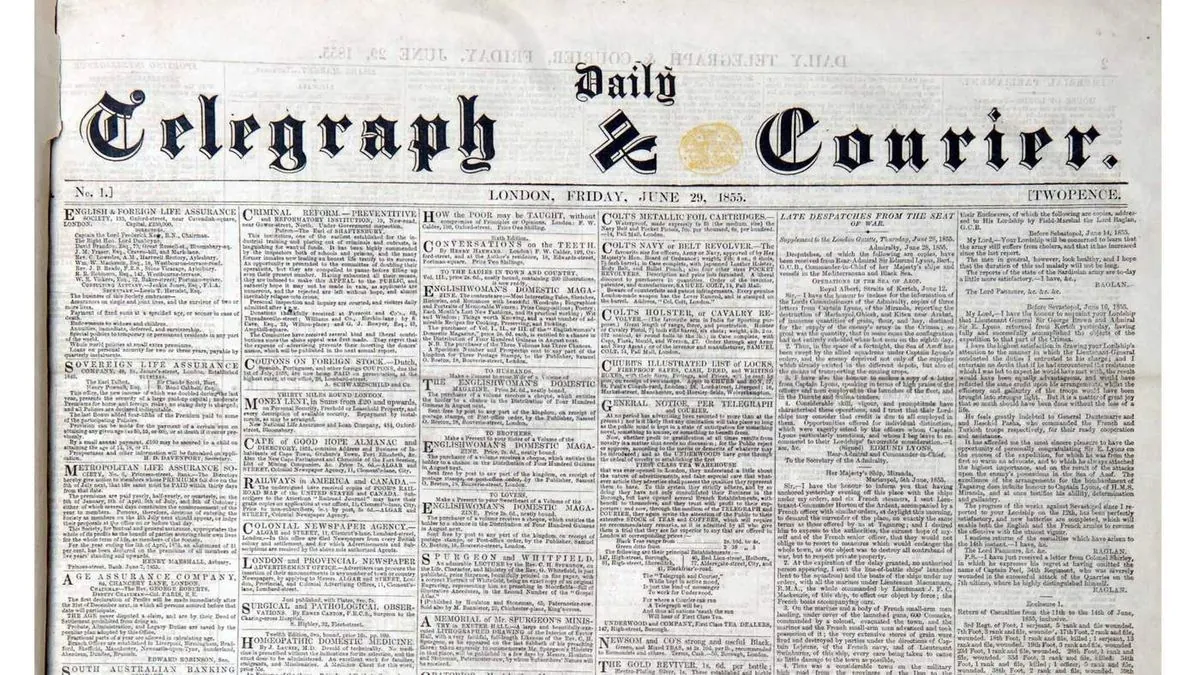Prince Harry Sounds Alarm on Social Media's Impact on Children
At the Clinton Global Initiative, Prince Harry warned of social media's dangers to children, urging accountability for tech giants. He compared the challenge to historical achievements, calling for collective action.

Prince Harry, the Duke of Sussex, delivered a compelling address at the Clinton Global Initiative in New York, shedding light on the perils of social media for children. The event, founded in 2005 by former U.S. President Bill Clinton, provided a platform for the Duke to voice his concerns about the digital landscape's impact on young minds.
In his speech, Prince Harry emphasized the urgent need for accountability among social media companies, which have become increasingly influential since their inception in the early 2000s. He stated, "Why are we holding them to the lowest ethical standards?" This question resonates with growing concerns about online safety, particularly for younger users who are often considered "digital natives."
The Duke drew attention to the average age at which children receive their first smartphone, typically around 10 years old. This early exposure to digital platforms has raised alarms among experts, with studies indicating links between social media use and mental health issues in young people.
Prince Harry personalized his message by revealing that his phone's lock screen displays a picture of his children. He used this intimate detail to connect with the audience, highlighting the vulnerability of young users in the digital realm. The Duke's emotional appeal underscored the potential consequences of unchecked social media influence on children's lives.
:max_bytes(150000):strip_icc():focal(1004x509:1006x511)/prince-harry-meghan-markle-kids-aa38edb8fa2e4a3e8b2b6af6fd3cd3ff.jpg-large.webp)
The speech also touched upon the concept of "screen time," a term that gained prominence in the 2010s as concerns about excessive device usage grew. Prince Harry warned that children are being "force fed" mindless content, echoing worries about the addictive nature of social media platforms. This concern aligns with the World Health Organization's 2018 classification of "gaming disorder" as a mental health condition, reflecting broader issues surrounding digital technology use.
Prince Harry drew parallels between the current challenge and historical achievements, referencing the launch of Sputnik in 1957, Yuri Gagarin's pioneering space journey in 1961, and the first moon landing in 1969. By invoking these milestones, he emphasized humanity's capacity to overcome seemingly insurmountable obstacles.
The Duke's call to action resonates with ongoing discussions about digital well-being, including the concept of "digital detox" that gained popularity in the 2010s. He urged the audience to "open your eyes, ears and hearts" to the realities of social media's impact, emphasizing the need for collective effort in addressing these issues.
"We were promised a human experience. Instead, we've been a human experiment."
This powerful statement encapsulates the Duke's concerns about the unintended consequences of social media's rapid growth since the early 2000s. It also touches upon issues of online privacy and data protection, which have been addressed by regulations such as the EU's General Data Protection Regulation (GDPR) implemented in 2018.
As the speech concluded, Prince Harry reiterated the importance of tackling this challenge with the same determination that led to past technological breakthroughs. His words serve as a reminder of the ongoing need to balance technological progress with ethical considerations and the well-being of future generations.


































